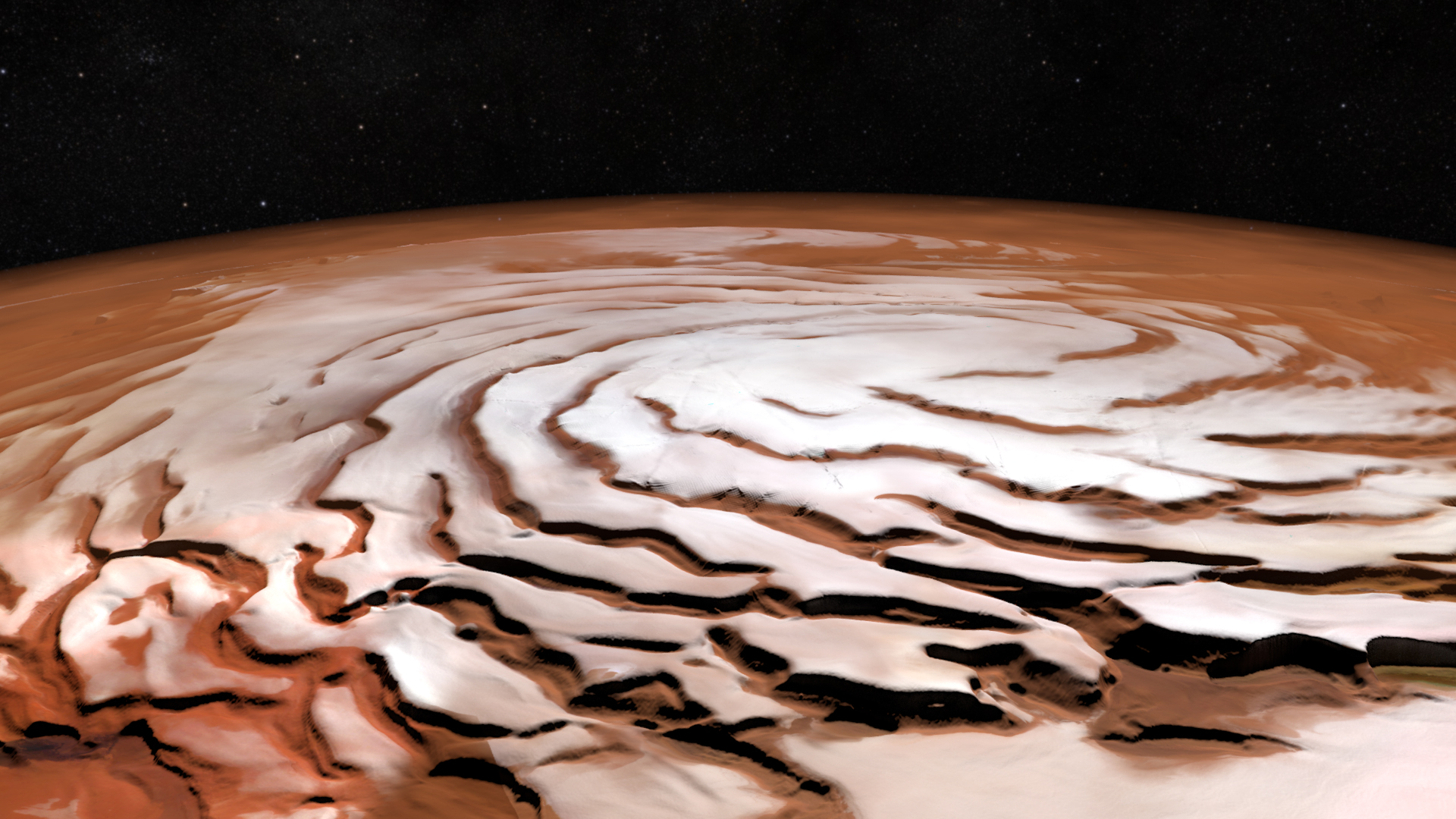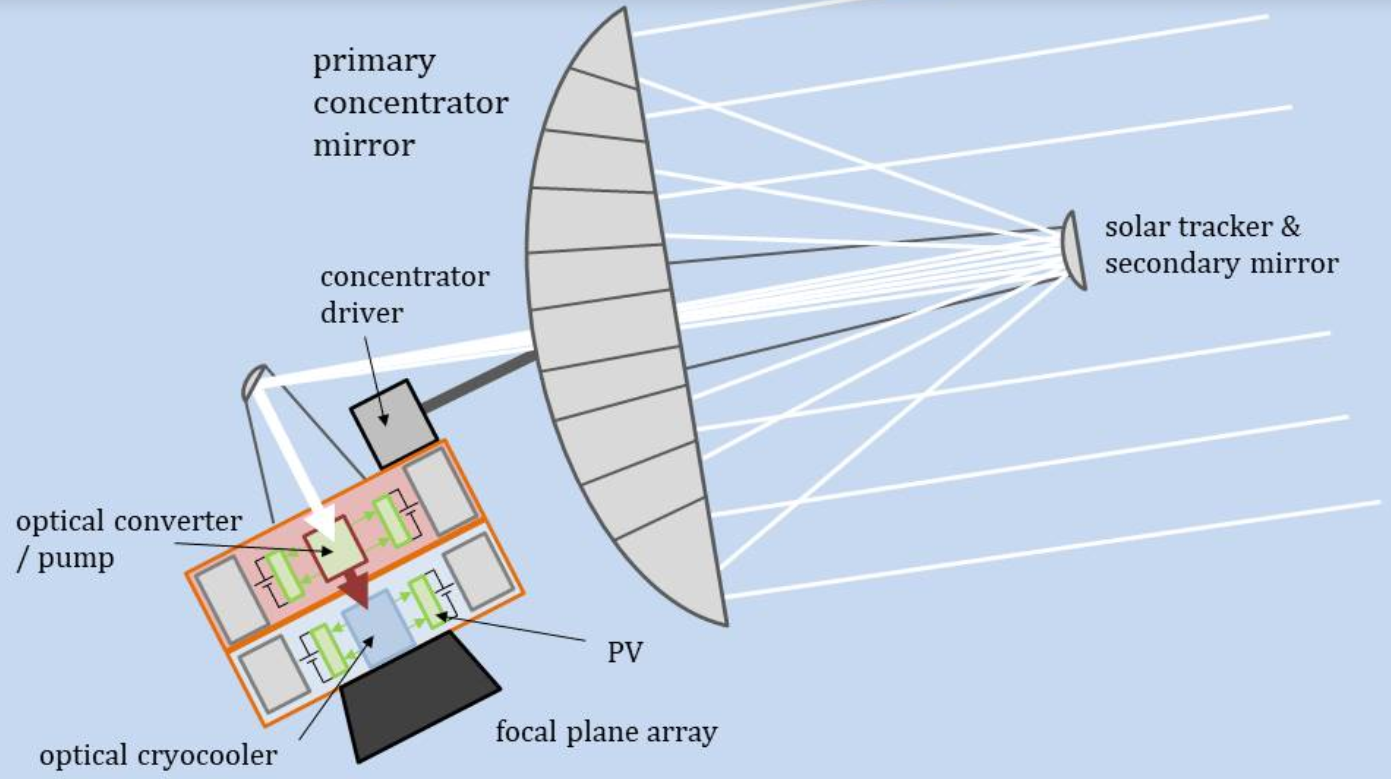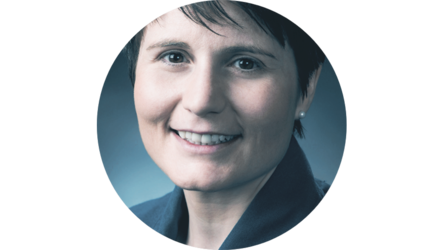Implemented OSIP ideas — April 2020
ESA's Open Space Innovation Platform (OSIP) seeks novel ideas for new space research activities. Campaigns and Channels invite solutions to specific problems or ideas on more general topics, with the Open Discovery Ideas Channel specifically looking for ideas that could be implemented as system studies, early technology developments, or PhD or postdoc research co-funded by ESA and a university. In April 2020, the following ideas were implemented through the Open Discovery Ideas Channel:
| Biomimicry for Space Debris Mitigation Fraunhofer Institute This project will address the challenge of space debris removal, using nature as inspiration. For example, spider silk can be stronger than any human-made material and can be very elongated, making it good for capturing fast-flying prey – a similar technology could be applied to capture pieces of space debris. |
 |
 |
Ice Microphysics across the Solar System University of Paris-Sud Ices are present on almost all planetary bodies with a solid surface in the Solar System. Mercury and the Moon possess ices in regions permanently shadowed. Mars displays seasonal polar caps and traces of past and present liquid water activity on its surface. And water ice is the main constituent of the icy moons in the outer Solar System, where contaminants are also indicative of active processes. The aim of this activity is to investigate the microphysical properties of the planetary surfaces where ices play a key role in the present-day active processes. |
| Using Chatbot Technology to Assure Quality Knowledge Capture from Space Experts for Rapid Transfer Through Systematic Learning University of Strathclyde Conversational assistants (e.g. chatbots) are used in e-environments to help a user find an outcome or solution - such as in customer services support on a website. This project will explore whether AI chatbots can aid and improve in the capturing of knowledge and expertise in the space domain, whether they can learn from the experience of experts in the space domain and transfer knowledge to other experts, whether the interaction with them can be made human-like, and much more. |
 |
 |
Solar pumped cryocooler with electrical power recuperation Lumium Many satellite sensors require active cooling to reduce the effects of thermal noise, often to extremely low temperatures (cryogenic temperatures). However, the main requirements for cryocoolers in almost any space application are not met by any of today’s cryocooling methods. This study envisions a radically new approach to thermal management and electrical power generation onboard spacecraft. |















 Germany
Germany
 Austria
Austria
 Belgium
Belgium
 Denmark
Denmark
 Spain
Spain
 Estonia
Estonia
 Finland
Finland
 France
France
 Greece
Greece
 Hungary
Hungary
 Ireland
Ireland
 Italy
Italy
 Luxembourg
Luxembourg
 Norway
Norway
 The Netherlands
The Netherlands
 Poland
Poland
 Portugal
Portugal
 Czechia
Czechia
 Romania
Romania
 United Kingdom
United Kingdom
 Slovenia
Slovenia
 Sweden
Sweden
 Switzerland
Switzerland
























